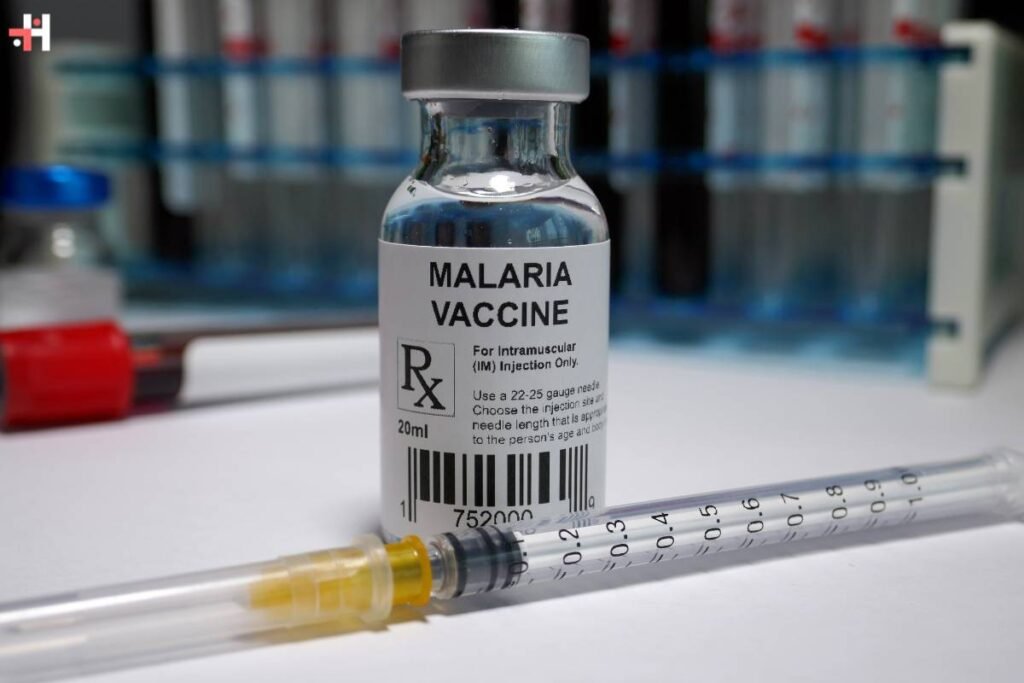Douala, Jan 22 (Reuters) – In a significant milestone for global malaria eradication efforts, Cameroon initiated the world’s first routine malaria vaccine program against the mosquito-borne disease on Monday. Despite witnessing few individuals receiving the shot, the commencement of this program marks a momentous step forward in the fight against malaria, responsible for nearly half a million child deaths under the age of five in Africa each year.
The RTS,S Vaccine: A 40-Year Endeavor
Four decades in the making, the RTS,S vaccine, approved by the World Health Organization (WHO) and developed by British drugmaker GSK, is designed to complement existing tools such as bed nets in the battle against malaria. Following successful trials in Ghana and Kenya, Cameroon becomes the pioneering country to administer doses through a routine program, with 19 others slated to follow suit in 2023, according to global vaccine alliance Gavi.
Approximately 6.6 million children in these countries are set to benefit from malaria vaccination through 2024-25. Mohammed Abdulaziz of the Africa Centres for Disease Control and Prevention (CDC) expressed the long-awaited anticipation for this milestone during a joint online briefing with the WHO, Gavi, and other organizations.
Early Vaccinations and Community Outreach
Caroline Badefona, the manager of Cliniques des Anges hospital in Douala, reported the successful vaccination of six infants on the program’s launch day. She expressed pride in the initiative, emphasizing its potential to eradicate malaria in children aged six to 59 months. However, Reuters reporters noted disparities, with some health workers indicating inadequate information dissemination to parents, leading to fears and hesitancy.
In the northern Cameroon district of Datcheka, a Reuters reporter observed 12 children receiving vaccinations early on Monday. Yet, challenges persist as some parents were not informed adequately, and others remained unaware of the campaign’s commencement.
World’s 1st malaria vaccine campaign starts in Cameroon
Addressing Challenges and Rising Cases
Disruptions linked to the COVID-19 pandemic and other issues have impeded the fight against malaria, with cases increasing by around 5 million year-on-year in 2022, according to the WHO. Despite these challenges, over 30 African countries have expressed interest in introducing the malaria vaccine.
Fears of a supply shortage have eased with the progress of a second malaria vaccine, the R21, developed by the University of Oxford and the Serum Institute of India. Expected to launch in May or June, this second vaccine, alongside RTS,S, aims to meet the high demand and save young lives, particularly in Africa.
Ensuring Comprehensive Protection and Community Engagement
While some experts express skepticism about the potential impact of vaccines diverting attention from established preventative tools like bed nets, health experts emphasize the importance of a holistic approach. The roll-out of vaccines is accompanied by extensive community outreach efforts to combat vaccine hesitancy and underscore the continued significance of using all available protective measures alongside the malaria vaccines.
As Cameroon takes the lead in this historic endeavor, the global community watches closely, hopeful that the combination of vaccines and existing tools will pave the way for a malaria-free future, particularly for vulnerable children in Africa.










